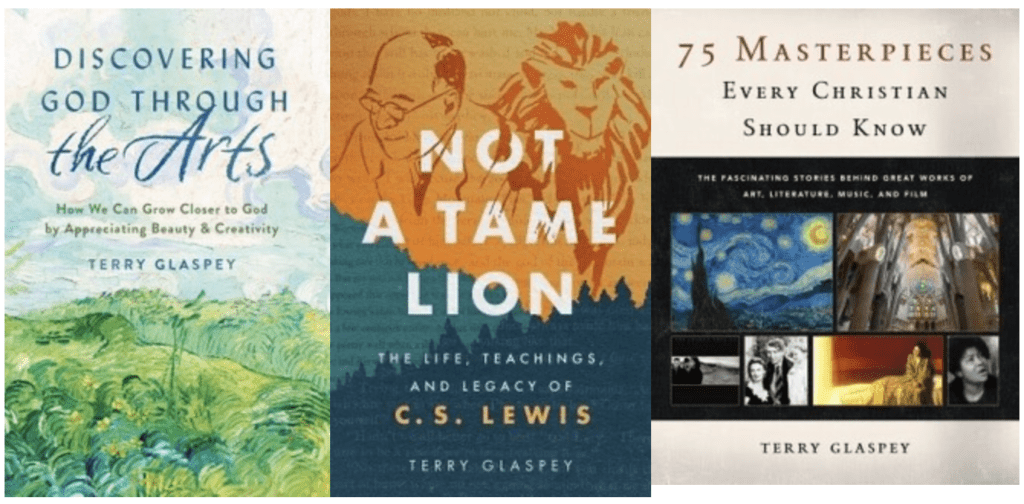by Terry Glaspey
The books we all remember most clearly are those that most fully engage our senses—the ones that awaken our sense of seeing, hearing, smelling, touching, and even tasting. The reading that stays with me the longest uses descriptive language in such a way that I am transported to another world or filled with longing.
That’s why we should look for words and images that fire the imagination and fully engage the creative faculties in our readers’ brains. We can do that by writing to engage the senses. Look for words that conjure up a vision of leaves tumbling down in the fall or a riotous streak of orange and scarlet breaking through the clouds as the sun goes down. Words that help us feel the rough texture of a football or provide a shuddering chill by their description of the bitter cold. Words that capture the music of the wind in the trees or a symphony of birdsong. Words that remind us of the smell of freshly cut grass or a whiff of bacon sizzling in a pan. Words that prompt us to remember ice cream so cold it sent a shock through our brain or of that first bite into a piece of juicy grilled steak.
When we use our carefully chosen words and phrases to construct reality for our readers, we are inviting them to spend time with us in a world our words have created, escorting them to places where they can more fully engage with what we are offering them—an experience, an inspiration, or a treasured memory.
To do this requires us, as writers, to slow down and pay greater attention to the world around us. We don’t need to over-describe, but we must attempt to give our readers enough sensory information so that they can fully imagine themselves in the scene we describe, so that truths we want to present can be fully enfleshed—not just as ideas but as lived truths.
When we write using our eyes and ears and nose and touch and taste, we will speak to the whole person. We can awaken them to truths they have not yet considered and realities they might have formerly ignored. We offer them eyes to see, ears to hear, and truths to smell and touch and taste.
~
Terry Glaspey is the author of more than a dozen books, including Not a Tame Lion: The Life, Teachings, and Legacy of C.S. Lewis, 75 Masterpieces Every Christian Should Know, The Prayers of Jane Austen, and Discovering God through the Arts, How We Can Grow Closer to God by Appreciating Beauty & Creativity. Terry will keynote and teach two workshops at the upcoming 2023 Oregon Christian Writers Spring Conference, March 11, in Salem, Oregon. Visit our conference page for full details. Registration is scheduled to open February 15!









